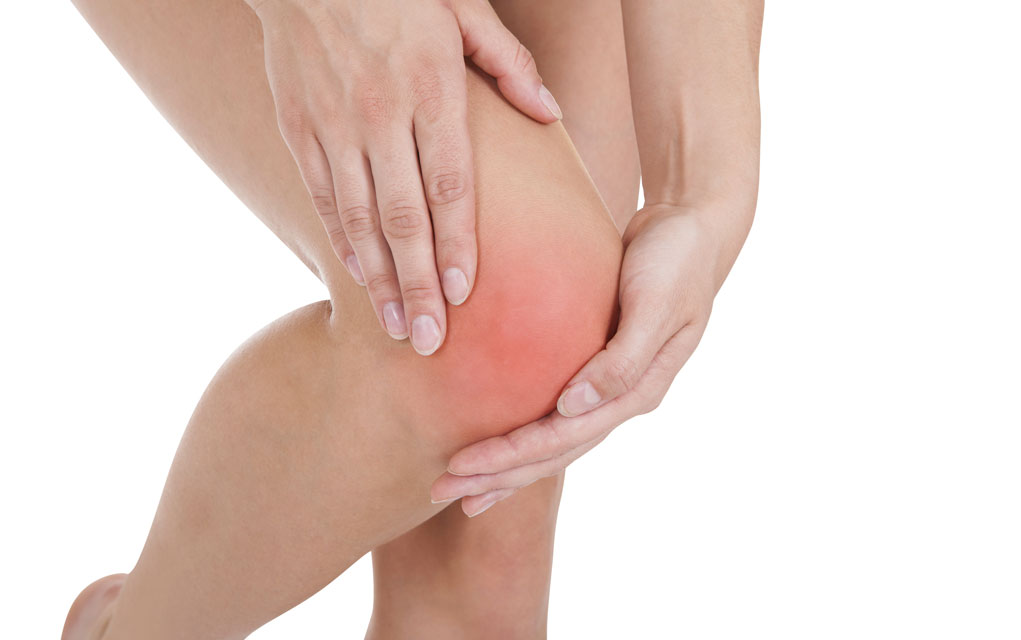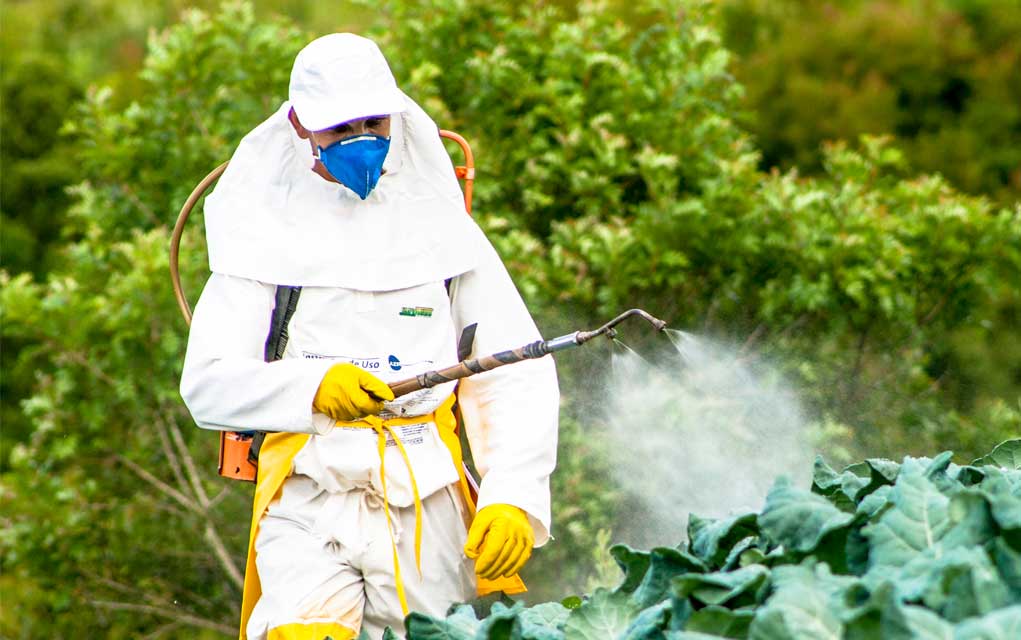
(WellnessPursuits.com) – When you think of post-traumatic stress disorder (PTSD), you might think of triggers like military service or childhood trauma. Unfortunately, a lot of other life events can put you at risk of PTSD as well.
What Types of Life Events Might Cause PTSD?
- Divorce: Divorce affects 40-50% of marriages in the US, so it’s not exactly rare. While some divorces are amicable and mutual, being blindsided by a request for divorce that you didn’t see coming could result in PTSD as a side effect.
- Being a Caregiver: Have you experienced being the primary caregiver for a loved one suffering from a serious illness, such as cancer? If so, it’s time to take care of yourself, because you may be at greater risk for PTSD. Anxiety, reliving unpleasant moments over and over again or withdrawing from social interaction can all be symptoms of PTSD that caregivers experience.
- Medical PTSD: Caregivers aren’t the only ones at risk for PTSD from a serious illness. The patient may experience it, too. PTSD is a common result for 33-50% of patients who were admitted to intensive care units. Chronic illness can also lead to the development of PTSD.
- Car Accidents: This cause often flies under the radar, but with 2.35 million car accident-related injuries in the US per year, there are a lot of potential PTSD victims out there.
- Natural Disasters: Fires, flooding, earthquakes, hurricanes, tsunamis, tornados, blizzards and even volcanic eruptions are natural disasters that can drastically affect people’s lives, communities and circumstances and lead to widespread trauma. Because support systems and infrastructure are so integrally affected, PTSD becomes more likely.
Seeking Help
Seek immediate help if you or someone you know is experiencing any of the following:
- intrusive recurring thoughts about a traumatic event
- moodiness, hopelessness, numbness, or anxiety
- relentlessness, guilt or shame
- a loss of interest in relationships, your job, or activities you used to enjoy
- nightmares, flashbacks, or struggling to sleep
- harming or considering harming yourself through neglect or intentionally
Your doctor may recommend therapies, medication, and/or lifestyle changes as well as support groups, journaling, and building your support network. Crisis intervention is also available for those who are experiencing severe mental breaks.
Many more people cope with PTSD than you might expect. With awareness and treatment, it can be overcome. It’s never too late to get help.
~Here’s to Your Healthy Pursuits!
Copyright 2023, WellnessPursuits.com
















